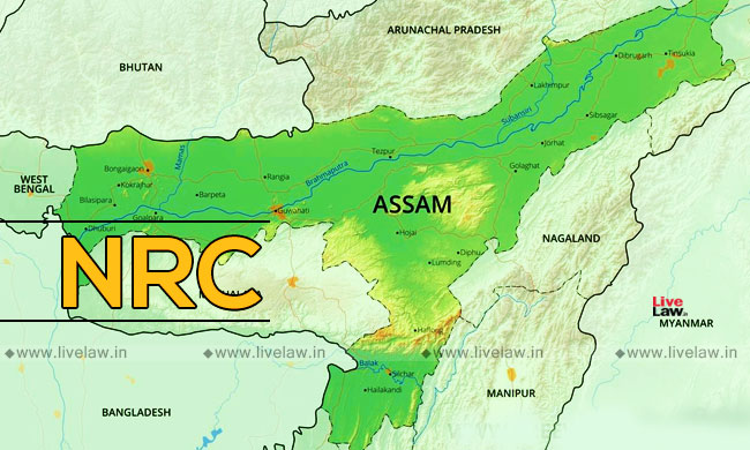Assam NRC- Citizen Can't Be Declared Foreigner Just Because Linkage Is Not Shown With All Relatives : Gauhati High Court
Nupur Thapliyal
11 April 2021 2:42 PM IST

A person who has proved linkage with parents/grandparents, whose names are in voters lists, can't be declared a foreigner just because he did not show linkage with all relatives.
Next Story


